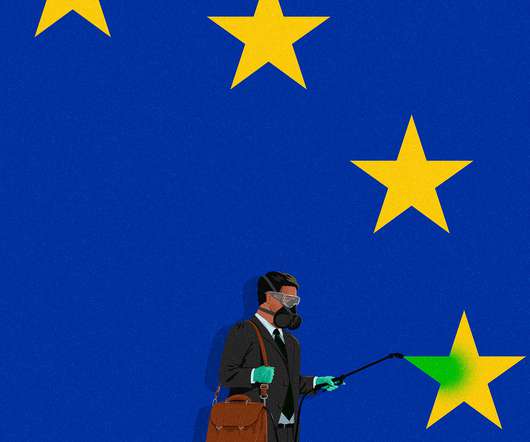How to Build and Retrofit a Sustainable Home
Green Business Bureau
SEPTEMBER 7, 2022
Eco-Friendly, Ethically-Sourced Building Materials. Not only does reclaimed lumber give that rustic, farmhouse look and possess some unique history within its grain, but it also helps preserve our carbon-sequestering forests and rejects monoculture tree farms that do not support biodiversity or ecological health. RECYCLED STEEL.















Let's personalize your content